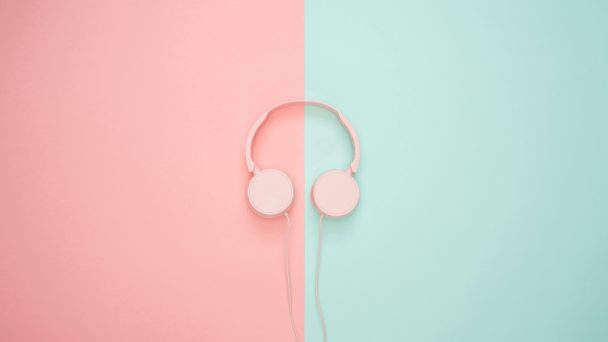You quit alcohol, but your child is just starting

Have you decided to completely stop drinking alcohol for a while, your (almost) young adult son or daughter is just starting to discover the stuff. How do you deal with this? Do you rigorously say 'no' until your child is 18? And what do you do as soon as your child does reach the age at which he or she is allowed to order alcohol in the pub?
Research from 2019 among students in primary and secondary education shows that about 30% of young people between the ages of 12 and 16 sometimes drink alcohol. In young people between 16 and 20 years this is more than 78%. Of these, 11% can even be labeled a 'heavy drinker'. Boys are heavy drinkers if they drink six or more glasses of alcohol in a day at least once a week. For girls, drinking four glasses of alcohol a day is considered heavy drinking (source: nji.nl).
These figures show that the chance that your adolescent or young adult child will come into contact with alcohol is quite high. How do you as a parent deal with this and does your own drinking behavior influence your child?
Under 18s: NIX, noppes, nada
Research shows that young people drink mainly on weekends. Most are offered their first glass of alcohol at home. Parents do this under the guise of 'then I can still see it myself'. However, this does not work in practice. Your adolescent then lives on the assumption that you think drinking -inside or outside- is okay. The advice is to postpone drinking alcohol until your child is at least eighteen years old. Clear agreements, such as no alcohol (including not at home) until your child is 18 years old, work best.
Your influence on your 18-year-old
The most effective strategy up to the age of 18 is therefore clear. But what if your 17-year-old just doesn't stick to this, or if your kid is 18, 19, or 20? If not drinking at all is not an option, then talking to your child about alcohol remains the best tactic. Many parents let go of rules about alcohol once their child is eighteen years or older. And that while as a parent you have more influence on the drinking behavior of your adolescent or young adult child than you may think.
Research into drinking behavior among young people shows that many adolescents and young adults indicate that they do take into account the limits set by their parents. Although these are sometimes exceeded, the chance of excessive drinking turns out to be a lot smaller with clear agreements and with a clear picture of what you as a parent approve or disapprove of in terms of alcohol.
Source: 'Seeing drinking makes drinking' by Trimbos
keep talking about it
Throwing the subject of 'alcohol' on the table every now and then works. Also with your 18 year old. Pay attention to how you talk to each other. Take your time, think carefully about what you want to tell your child about alcohol and take your child's input seriously. Social peer pressure often plays a role in the drinking behavior of young people. Look for solutions together binge drinking to prevent. For example, agree on how many drinks your child will drink, choose a time to stop together, and discuss tips such as: drink slowly, grab a glass of soft drink in between, go dancing more or come up with a good excuse not to drink. Make appointments and do things go wrong? Then discuss together why things went wrong and what your child can learn from this for next time.
Good example
Your child continues to watch what you do, even when it is older. That is why taking a drinking break yourself is a good idea right now. 'Setting a good example' in 2019 was even one of the reasons for 40 percent of the participants to participate in IkPas. Afterwards, 42% actually noticed that not drinking (temporarily) helps your child to deal with alcohol more consciously. Your child can see that drinking alcohol is not a matter of course, but a choice. If you do like to drink a glass of alcohol again, try to do this as little as possible in the presence of your child.
Compared to their peers in Europe, Dutch young people are still heavy drinkers. This is evident from recent figures from European research into alcohol and drugs among young people. Dutch young people score reasonably well when it comes to the number of times they drink alcohol per month (with 6.5 times per month in 13th place out of the 35 participating countries). But if we look at the amount of alcohol that young people drink at a time, they are in third place with an average of 6.6 cl of pure alcohol. Only Danish (8.8) and Norwegian (6.7) young people score higher here (source: Trimbos Institute).


